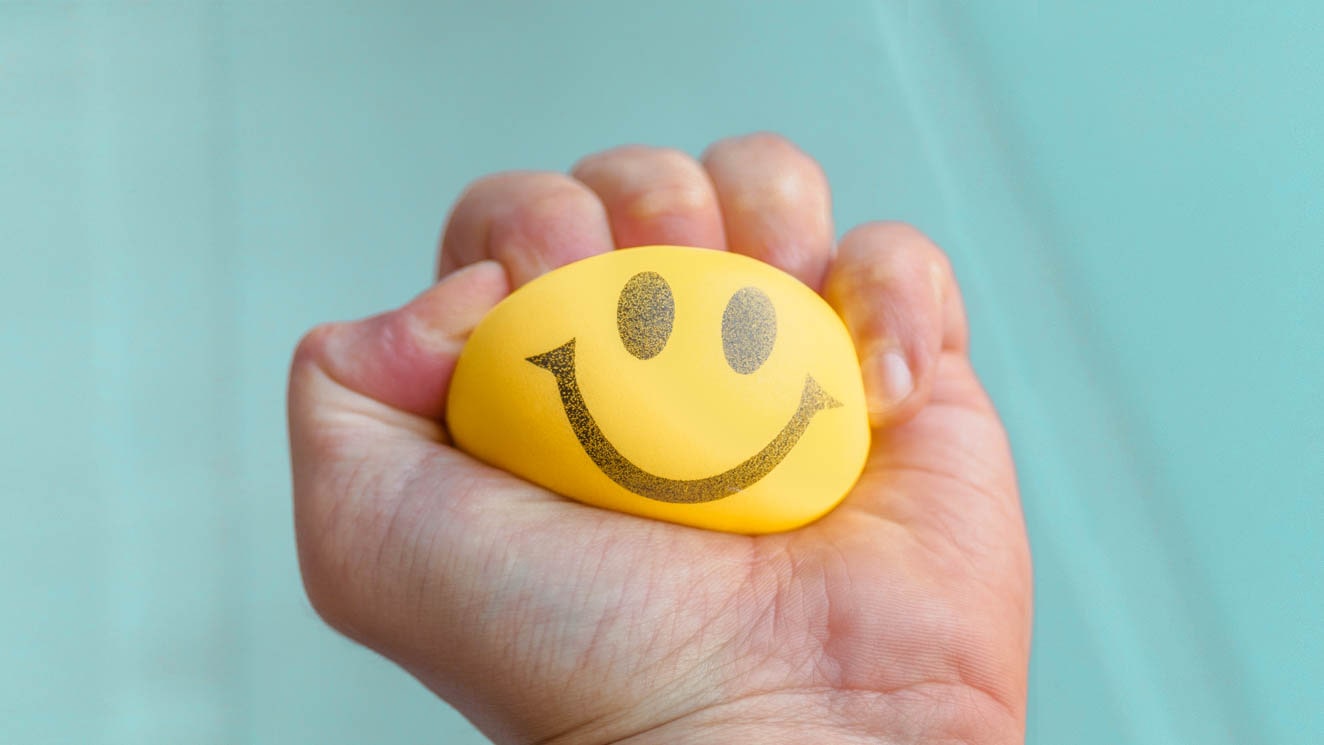

There is no parent alive who didn’t start out thinking things like, “I’ll never do that with my kids.” And so it was that when I started hearing my mom-friends talking about how they use apps to monitor their kids’ phone use – often times without their kids knowing – I felt that swell of superiority. Yep, being the judgy turd I am, I sat on my high horse. What did it say about their parenting skills that they literally had to spy on their kids?
BUT. My oldest is now in ‘tween territory and begging for a smartphone. My plan had always been to hold off until 8th grade, but lately I’ve been feeling a ton of pressure from him and wondering if I’ll actually have the stamina to hold out. So, I’m becoming more open to learning about these so-called “spy apps,” and wondering if they might help me feel OK about my child having a phone.
And the apps, as you probably know, are endless. There’s mSpy, which tracks everything from texts to GPS to which apps are used to who they call. Phone Sheriff can shut and lock down your kid’s phone on your command. Life 360 is a popular one that not only has GPS tracking but also monitors driving habits like speeding, texting while driving, and hard braking. And with a quick Google search, it’s really easy to learn how to have your kids’ texts automatically sent to an iPad where you can read everything.
So, now the question is: how should parents use (or not use?) the technology that allows them to monitor kids’ use of technology? As a mom of three, the access is appealing to me in a lot of ways. Having a magic crystal ball to peer into to reassure me that my kids are safe? That sounds like a digital Xanax! But Dr. Samantha Rodman, a clinical psychologist in North Bethesda, Maryland, suggests that before we jump to use these apps, we should pause to first figure out 1) the specific reason we want to use them, and 2) how we will use them in a way that won’t harm their relationships with our kids.
“Apps that track kids have positives and negatives, like all parenting decisions,” Rodman says. “Parents can feel safer about knowing their kids’ whereabouts, but that knowledge can also lead to more worry when parents know more than they ever could have known in previous generations.”
The old adage comes to mind: what you don’t know won’t hurt you. Right. Sometimes ignorance can be bliss.
Rodman says that parents who decide to use tracking apps should just be transparent with their kids. “It is essential to talk to [them] about what you’re going to be tracking, if anything, so that this isn’t done in secret, which can permanently damage trust.”
And that’s the heart of my own ethical conundrum. Namely, is the benefit of perceived safety worth the potential cost of betraying my kid’s trust?
Here are a few more things about these apps that I’m thinking about personally, that other parents may want to think about, also:
- If you’re not upfront that you’re using a tracking app, how can you use your child’s mistakes (driving too fast, texting behind the wheel, etc.) as opportunities to teach your child safer behaviors?
- Is your child old enough and responsible enough to even have a phone to begin with? If you’re considering tracking your child, that might speak more to your child’s readiness level for using technology to begin with.
Dr. Rodman suggests that the older kids get, the worse they may feel about parents invading their privacy with tracking apps. “There needs to be an ongoing reciprocal discussion between parents and kids about [everyone’s feelings on] the use of apps to track whereabouts and activities.”
As my oldest kid wades into the waters of middle school, I’ll admit, these tricky issues of safety and trust sometimes consume me. It’s hard to know exactly what I’ll do down the road, but I imagine I will use these apps. My hope, though, is that they will enhance my parenting, not replace the value of my voice and rules. That is to say, I hope that I’ll use this technology as a communication tool for my kids and me to use in tandem with regular analog parenting. We’ll see, though. I’ve still got awhile. Or so I think.
To learn more about keeping kids safe online, check out SafeKids.com.







